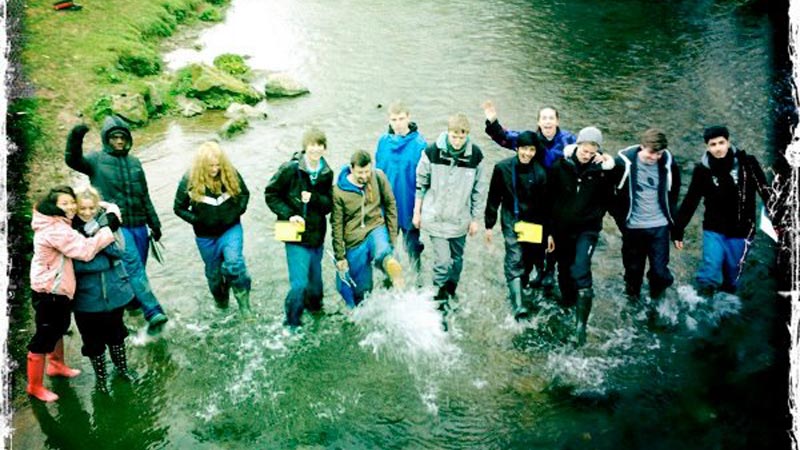Do you want to study Geography at University?
7th August 13

Before I start, what A Levels will I need to study Geography at university?
Geography is not only the study of the natural world, but also how the world is affected by, and in turn affects people and societies. It can be studied as a BA or as a BSc, and often with other complimentary subjects like Environmental Sciences or a modern language. With regards to what A Level subjects you should study, few universities stipulate specific A Level subjects as mandatory. But if you are interested in studying human or historical geography, then English Literature, History, Economics or Sociology would be useful. Likewise, if environmental or physical geography is your game, then Biology, Chemistry, Maths, Geology or Physics might be the way to go.
Where should I go and study?
University of Cambridge – Department of Geography
Cambridge can and invariably do ask for the very best grades, so expect nothing less than A*AA at A Level. Cambridge say there are no specific A Level subjects necessary, not even Geography, nor is there any single combination of subjects that is especially suited to the course.
London School of Economics – Department of Geography and Environment
A typical offer from LSE is AAA at A Level. They, too, do not require you to have any specific A Level subjects, but stress that due to LSE’s Geography Department being renowned for its social, political, environmental, economic and human focus, studying one or more social sciences at A Level might be useful useful.
University of Durham – Department of Geography
Expect an offer of A*AA at A Level from Durham. They offer a BA course and a BSc course. The BA Course leans heavily on the more human side of the subject, with the BSc course favouring a more scientific and environmental approach. If you are planning on doing the BSc course, Durham require you have at least one A Level in a Science subject, with Geography A Level accepted as a science subject.
University of Oxford – School of Geography and the Environment
Oxford will ask you for no less than A*AA at A Level. While not mandatory, it is highly recommended that you have Geography A Level. Other than that Oxford do not have any preferred A Level combinations or specific subjects you will need.
University College London – Department of Geography
UCL will offer you AAA to AAB at A Level, and whether you are doing their BA or BSc course, you will need an A grade in A Level Geography. You will also need to have at least a C in English Language and Mathematics GCSE.
Once I’m there what can I expect?
That all depends on which sort of course you chose to study. If you chose to study the more human geography driven BA courses you will study the world in a social and economic sense and cover topics such as Globalisation, Urban Geographies, Environmental and Sustainable Development, Urban Change, Human Geography, Economic Geography, Environment and Society, and Political Geography.
If you opt to study a more physical geography centred BSc course you will study the environment and its processes, so expect modules on the Earth and Earth Systems, Climate Change, Environmental Management, oceans and coasts, land and water, Atmospheric Processes, Climate, Environment Nature and Society, and Environmental Monitoring Techniques.
Regardless of which course you do, in your first year you will cover basic human and physical geography principals. If you’ve already done geography A Level, this will be more like a refresher course with a little bit more detail. You will most likely also experience your first foray into the world of fieldwork and be introduced to basic statistical techniques that will ultimately form the basis of a lot of your future work, and probably your dissertation.
You will specialise more in your second and third years. There will be plenty more excursions and field trips. A lot of university send you away for an extensive field trip during your second and third years, and a lot of you final dissertation project work will be there.
What skills will I develop
Graduates are regarded by prospective employers as a bit of a catch. Many of them view field work and study outside of the classroom as much more challenging and valuable than the work done by graduates who have spent three years in lectures and the library, and see your analytical and problem solving skills as far superior to your contemporaries.
You will be able to easily grasp complex issues, put single events into a wider context and show a great deal of empathy with others. Your teamwork skills will be exemplary – geography is seldom a solo affair. You will have amazing presentation skills, and be able to get your argument across verbally, visually or in writing like few others.
What will my career prospects look like?
Really good. Employers see your varied skill set as a real plus. Many graduates go on to work for local government or business in advisory capacities, especially with topic such as conservation, globalisation and climate change being so prevalent in today’s political arena. There are also plenty of opportunities in charities or environmental consultancies.
Good luck!



